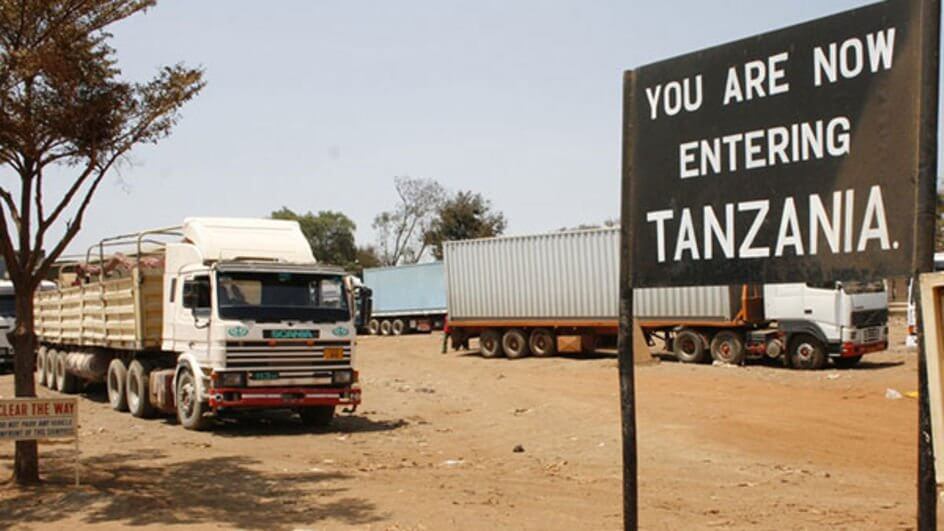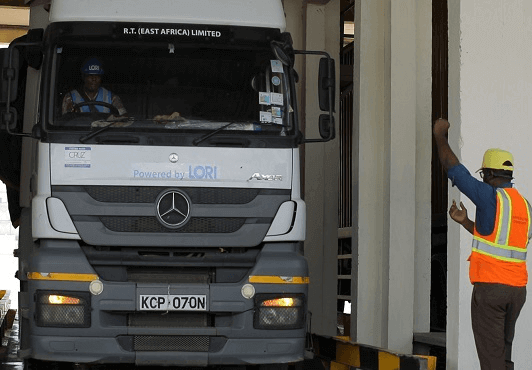This financial year, EAC Partner States are challenged with COVID-19 pandemic and some have reviewed their targeted economic growth downward by nearly 50 percent. The COVID-19 pandemic is both a health crisis and fundamentally an economic crisis. Four East African Community member states will on the 11th of June this year. The countries, Kenya, Tanzania, Uganda and Rwanda will jointly unveil their Budgets for the Fiscal Year 2020/2021. The EAC Partner States except for Burundi and South Sudan usually unveil their budgets on the same day in June every year after holding Pre-budget Consultations of EAC Ministers of Finance and Economic Planning. Through the Pre-budget consultations, Ministers discuss and agree on various tax measures each Partner State is going to implement in the coming financial year. This financial year, EAC Partner States are challenged with COVID-19 pandemic and some have reviewed their targeted economic growth downward by nearly 50 percent. The COVID-19 pandemic is both a health crisis and fundamentally an economic crisis. In the region, the impact of the pandemic has been felt differently across sectors depending on the measures instituted to contain the spread of the pandemic as well as the linkage of the particular sector to the global economy. According to an analysis from the East African Business Council (EABC), the expectation of the EAC private sector is that the EAC budgets for 2020/21 will contain economic stimulus packages that will mitigate the impact of the COVID-19 pandemic on businesses and East Africans, stimulate economic growth and recovery....
EABC proposals for regional bloc’s anticipated 2020/21 budgets
Posted on: June 12, 2020
Posted on: June 12, 2020




















